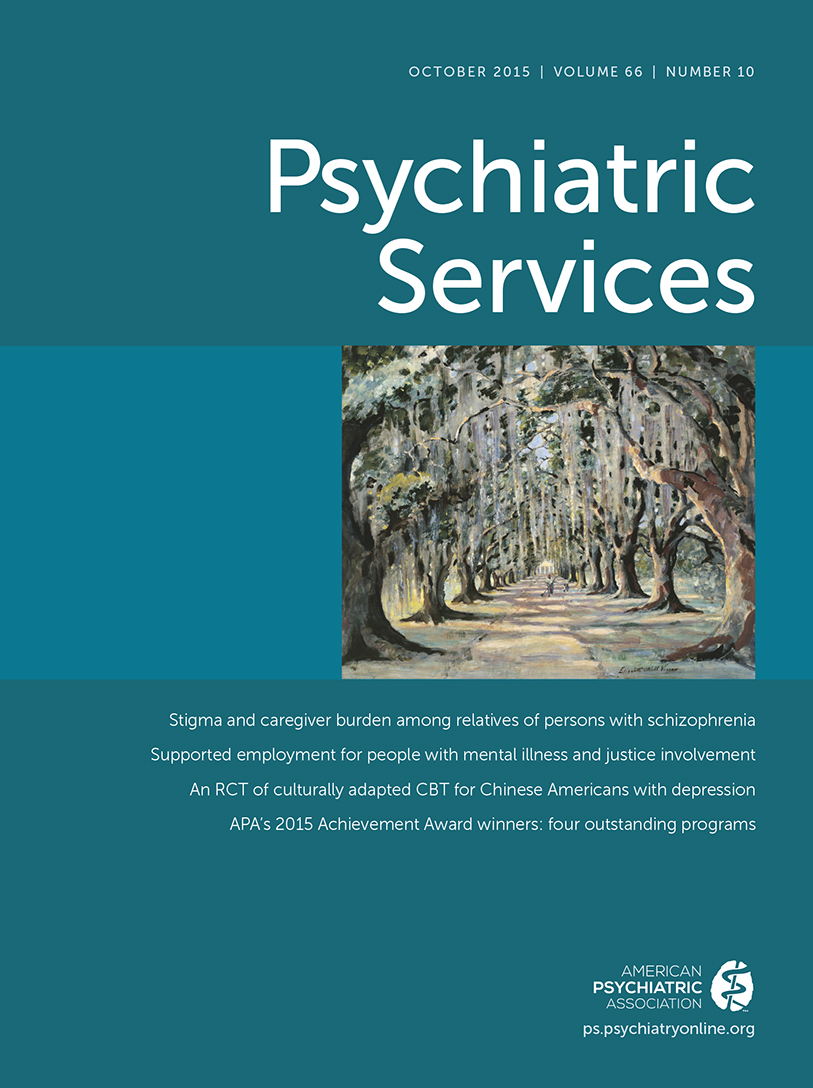Noncommissioned Officers’ Perspectives on Identifying, Caring for, and Referring Soldiers and Marines at Risk of Suicide
Abstract
Objective:
Noncommissioned officers (NCOs) in the U.S. Army and U.S. Marine Corps were surveyed to identify their ability and willingness to identify, intervene on behalf of, and refer fellow soldiers and marines at risk of suicide.
Methods:
A total of 1,184 Army soldiers and 796 marines completed surveys. Descriptive statistics were collected, and regression analyses comparing the groups were conducted.
Results:
Thirty-seven percent of marines and 40% of Army soldiers reported that they could use more suicide prevention training. Compared with trained civilians, NCOs reported greater efficacy to intervene with at-risk peers, but they also reported relatively more reluctance to intervene. Close to 40% of NCOs believed that they would be held responsible for a service member’s suicide if they had asked the service member about suicidal thoughts before the suicide occurred. Chaplains were the preferred referral source, primarily because of the confidentiality they afford.
Conclusions:
Suicide prevention training for NCOs should focus on strategies for asking about suicide risk, assuring soldiers and marines that they will not be blamed for the suicides of fellow service members, and encouraging referrals. These results can help improve suicide prevention programs in the Army and Marine Corps, including whether current policies may need to be changed to optimize NCOs’ ability to identify, intervene on behalf of, and refer service members at risk of suicide.



